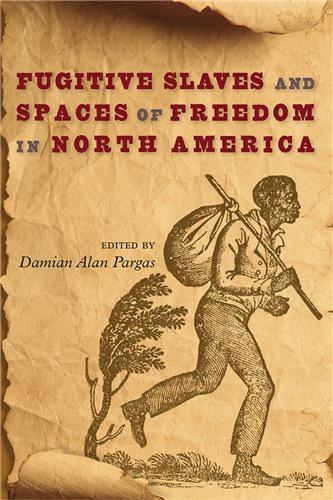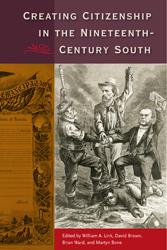By highlighting the cooperation that occurred between progressive activists from the Popular Front to the 1960s, Swindall adds to our understanding of the intergenerational nature of civil rights and anticolonial organizing.
Browse by Subject: African American History
Please note that while you may order forthcoming books at any time, they will not be available for shipment until shortly before publication date
This volume highlights the little-known story of Robert R. Church Jr., the most prominent black Republican of the 1920s and 1930s. Tracing Church’s lifelong crusade to make race an important part of the national political conversation, Darius Young reveals how Church was critical to the formative years of the civil rights struggle.
Arguing that the accomplishments of Jamaican activist Marcus Garvey and his followers have been marginalized in narratives of the Black freedom struggle, this volume builds on decades of overlooked research to reveal the profound impact of Garvey’s post–World War I black nationalist philosophy around the globe and across the twentieth century.
This volume introduces a new way to study the experiences of runaway slaves by defining different “spaces of freedom” that fugitive slaves inhabited. It also provides a groundbreaking continental view of fugitive slave migration, moving beyond the usual regional or national approaches to explore locations in Canada, the U.S. South, Mexico, and the Caribbean.
This book explores the politics and meanings of citizenry and citizens’ rights in the nineteenth-century American South.
This volume expands the chronology and geography of the black freedom struggle beyond the traditional emphasis on the old South and the years between 1954 and 1968.
Between Washington and Du Bois describes the life and work of James Edward Shepard, the founder and president of the first state-supported black liberal arts college in the South—what is today known as North Carolina Central University.
This volume closely examines the movement to resettle Black Americans in Africa, an effort led by the American Colonization Society during the nineteenth century and a heavily debated part of American history.
While bus boycotts, sit-ins, and other acts of civil disobedience were the engine of the civil rights movement, the law was a primary context. Lawyers played a key role amid profound social upheavals, and the twenty-six contributors to this volume reveal what it was like to be a southern civil rights lawyer in this era.











